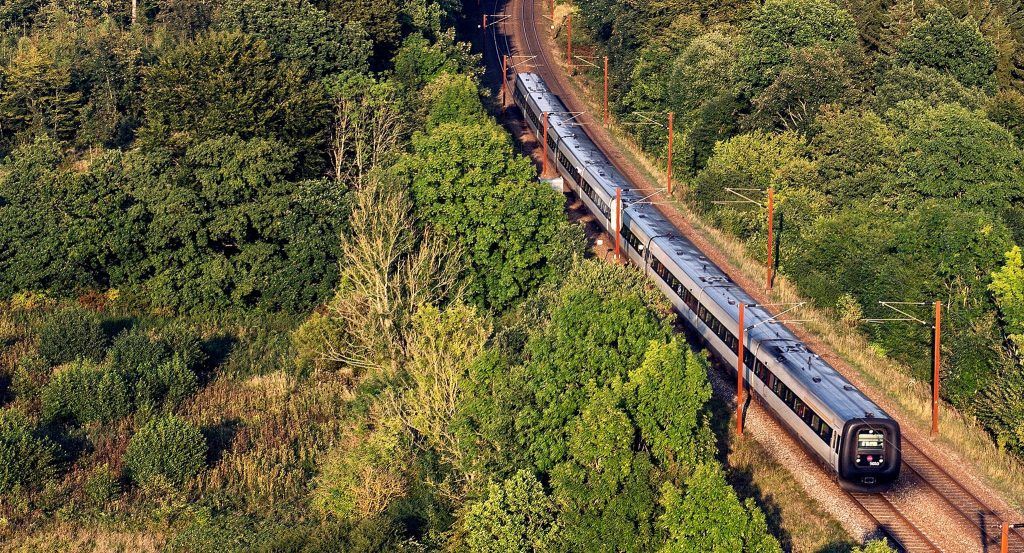The rail strike is over, but there will still be delays, cancellations and reduced services today.
The reduced services are the result of not enough rail-ready trains due to striking maintenance staff.
FO Jernbaner, the trade union for skilled workers, called its 600-700 members back to work yesterday following an intervention from the Labour Court.
The strike was a non-contractual stoppage, and the court has fined the workers 86 kroner an hour for breaking their agreement with rail operator DSB.
Takes time to put things right
Before calling its members back to work, FO Jernbaner struck an agreement with DSB that it would listen to their wage demands. DSB refused to come to the table while the workers were on strike.
“We have to see if DSB keeps their word: if they are willing to negotiate when the members are working,” said Jens Christian Kjeldsen, the chair of FO Jernbaner.
“The workshop employees have arrived at work this morning,” DSB informed DR this morning.
“We will now try to form an overview of the consequences of this non-contractual work stoppage, so that we can get things restored and run normally again – but it takes time to put things right.”
Delays all over the country
Capital-bound services from the northwest, west, north and south – so Aarhus, Kalundborg, Odense, Helsingør and Nykøbing Falster to name just a few – will all be affected.
Additionally, services linking Aalborg to Aarhus and Aarhus to Hamburg will also be subject to delays.
Train travellers are advised to check timetables before they depart, either at Rejseplanen.dk (in English) or Dinstation.dk (in English).















